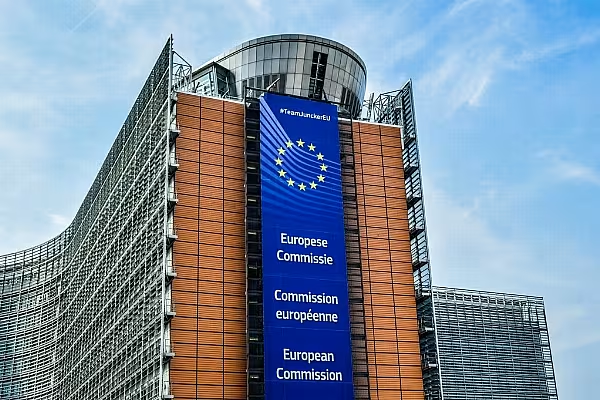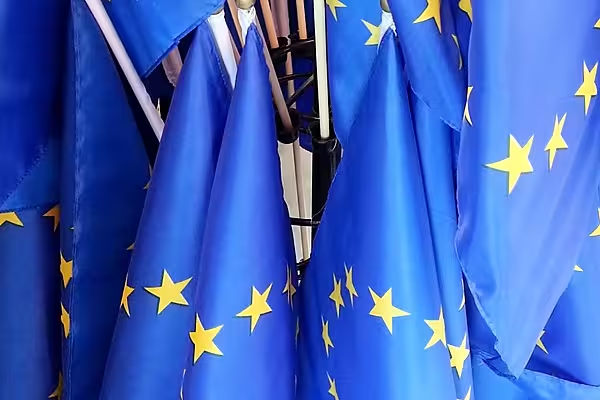Close to 30 representative groups from the European farming and agri-food sectors have signed a joint declaration to mark the first anniversary of the European Commission's Farm To Fork strategy, saying that its approach 'still raises too many questions in the European farming and agri-food community'.
The groups, which include CEVI (European Confederation of Independent Winegrowers), Clitravi (Liaison Centre for the Meat Processing Industry in the European Union), Copa-Cogeca (European Farmers and Agri-Cooperatives), EDA (European Dairy Association), IBC (International Butchers’ Confederation) and others, said in the declaration that while the Farm To Fork strategy will have a 'considerable impact on the whole agricultural value chain', it will probably not be for the reasons initially expected.
Food Standards
'Let's be perfectly clear, we are not opposed in essence to the approach proposed within the Farm to Fork strategy or the Green Deal,' the groups said. 'We are all conscious that our food system must integrate further measures to improve its sustainability as fast as possible while maintaining the highest quality standards and food affordability.
'Nevertheless, not only will this strategy have an impact on the environmental quality of our agriculture, but it will also impact on our production capacity, our competitiveness, our imports and ultimately on consumer prices.
'As it has been demonstrated over the past year, there are also considerable paradoxes in the composition of those generalised objectives, and by the time these are widely understood, it will be too late. We must not shy away from the debate on these paradoxes.'
Impact Assessment
The groups noted that a comprehensive impact assessment would have been the 'appropriate way' to discuss the substantive changes included in the strategy, and such an assessment was even pledged by Commission Vice President Frans Timmermans. However, this never took place, with the groups saying that this 'neglect' on the part of the Commission is 'incomprehensible and unacceptable' in their eyes.
'We are asking for the application of three common sense principles,' the groups concluded. 'To have a policy based on concrete data and scientific evidence that is in line with the better regulation principles, not on ideology and political stances; to start talking about concrete tools and technologies capable of creating enthusiasm in our farming community for this political project and finally to have the same level of ambition in the EU internal market vis-à-vis those international trade partners that don’t share the same ambitions.
© 2021 European Supermarket Magazine. Article by Stephen Wynne-Jones. For more Supply Chain news, click here. Click subscribe to sign up to ESM: European Supermarket Magazine.














